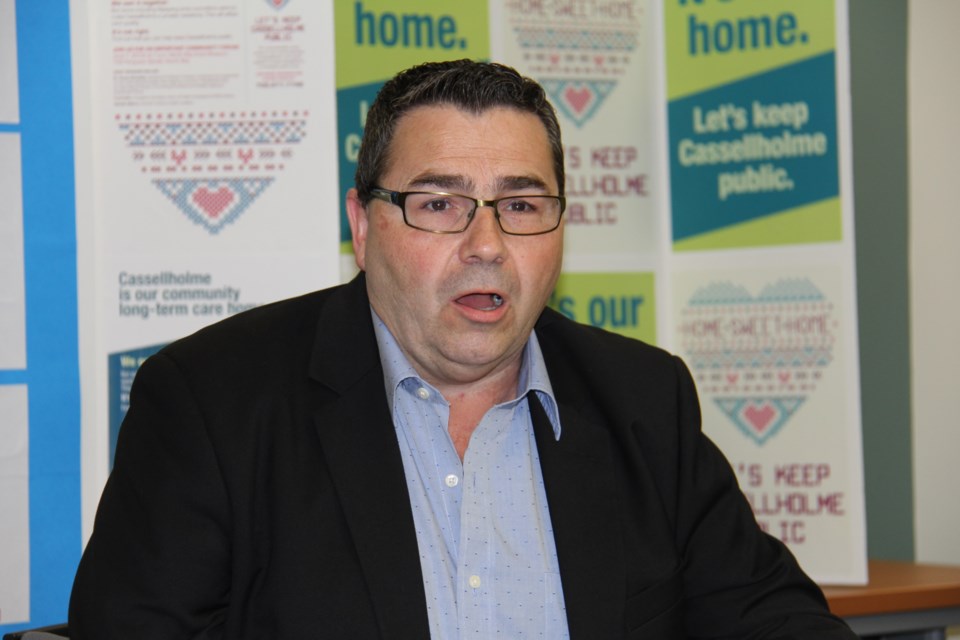The Liberal Government budget remains a missed opportunity to raise the floor for Ontario workers by introducing a higher minimum wage says North Bay Labour Council President Henri Giroux.
Giroux says a higher minimum wage is a fundamental issue of equity for women, racialized workers, immigrants and young people who are most likely to earn low wages and be stuck in precarious work.
“The Changing Workplaces Review got some mention,” says Giroux, “but this budget doesn’t address that fact that workers doing the same work are getting paid less through temp agencies, that workers need to be paid emergency leave, like victims of domestic violence, and that scab labour prolongs bargaining like what happened with the CAS lockout—the Liberals haven't addressed these critical issues.
“If we keep allowing places like temp agencies to skim off the backs of workers, employers will keep choosing to use them,” says Giroux. “The Liberals have all the tools to fix this problem but for some reason they just don’t get it.
“Seeing investment into childcare is reassuring, but if the Liberals decide to use of very costly P3-style financing to build 24,000 new daycare spaces then we’re in for a real surprise,” states Giroux. “To truly invest in childcare the Liberals will need to require existing and new centres to hire permanent, fulltime, and highly trained workers."
Meanwhile, the senior's advocacy group CARP says it is pleased with the budget's take on dementia strategy.
The Ontario government will invest $100 million over three years to support people with dementia and those who care for them.
This will include funding to expand access to community programs and other investments to enhance access to care, information and support. The funding will also serve to improve training and education in dementia care for personal support workers, physicians, nurses and other front line workers.
There are approximately 200,000 people in Ontario living with dementia; this number is expected to double in 20 years.
Earlier this year, CARP partnered with the Alzheimer’s Society of Ontario to engage thousands of Ontarians in support of a fully-funded dementia strategy.
“Sadly, people living with dementia have been suffering greatly due to inadequate care and neglect,” said Wanda Morris, VP of Advocacy for CARP. “Even worse, some dementia sufferers in long-term-care homes have experienced aggression from other residents, including violence leading to death. A funded dementia plan is a first step to putting resources in place to keep residents safe,” said Morris.
In a recent poll, CARP members were clear that they wanted action on dementia-related issues, with over 70% indicating that they were “a lot” or “extremely” concerned.



